Nutrition series : What is sugar? - DAY 1 ( 30 days writing challenge)
This is my first post in the nutrition series that I will be covering for the next 30 days. If you want to know more about why I'm doing this series you should check out this post here.
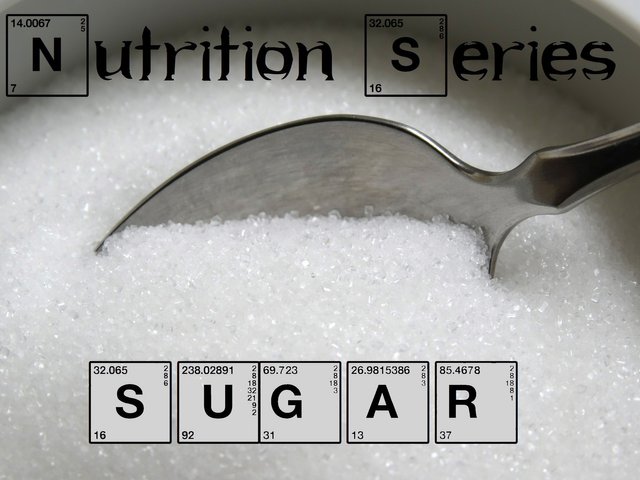
So let's dive right into it: the first big topic I'm going to tackle in this series is sugar. Firstly we must understand the terminology surrounding sugar and its family: carbohydrates.
Carbohydrates are molecules ( basically clumps of atoms) that are made up of only carbon, hydrogen and oxygen atoms. The term saccharide is basically a synonym of the word carbohydrate - we will see why this matters in a bit. The great carbohydrate family is made up of 4 main members, let's picture it like 2 kids and the parents.
The kids are obviously smaller: the monosaccharides and disaccharides - they are the most basic of carbohydrates.
A monosaccharide looks like a ring of carbon atoms with additional carbon, hydrogen, and oxygen branches.
A disaccharide is basically two of those rings ( or two monosaccharides) linked together with an oxygen atom.
Now for the parents in our analogy : oligosaccharides and polysaccharides- they are basically bigger and more complex versions of the previous two.
Why all these complex terms? Because sugar is often confused with glucose and they are not the same thing.
Sugar or table sugar is actually a disaccharide and glucose is a monosaccharide. Sugar's scientific name is sucrose and it's made up of two monosaccharide molecules: glucose and fructose.
To add a bit to the confusion, the glucose that is found in our blood is called "blood sugar" but is not the same as if you took table sugar and added it to your blood 😋.
Table sugar as a solid has a crystalline form, and if you apply the right temperature to it, then it can undergo a process called caramelization, because the chemical bonds break down and reform differently.
We get most of our table sugar from plants like sugarcane and sugar beets, but it can also be synthesized in a lab, which is more expensive and that's why we rely on plants to obtain it.
Sugar became common in the 1700s when slave labor was used extensively to cultivate sugarcane on large plantations in South America and the Caribbean. Today sugar is fairly inexpensive and is in a lot of processed foods.
Join me tomorrow for a better understanding on how sugar gets metabolized in our bodies.

My name is Adrian a.k.a "The nearsighted traveler". I'm a running enthusiast who loves to spend time enjoying nature. I write mostly about running, the places I explore and the interesting stuff I learn here on steemit.
If you are new to this platform you might want to check out these posts:
5 Easy Rules for Navigating The Steem Ecosystem
The 6th Easy Rule for Navigating the Steem Ecosystem
And if you want a good laugh you can visit my other account @cmmemes where I fail at being funny but persevere anyway :)
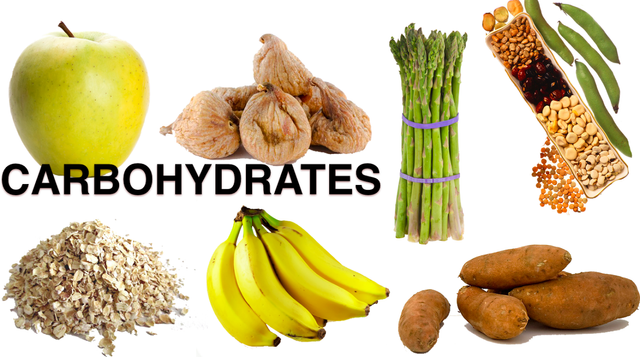
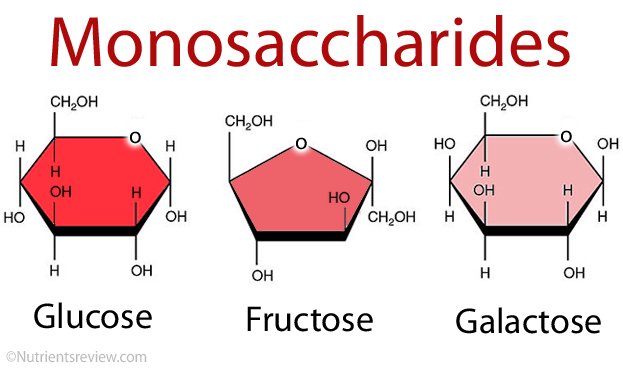
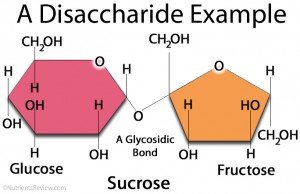
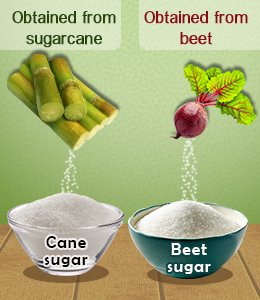
Great post, I really like the concept and layout. Keep it up, will be sure to follow.
I'm glad you like it, I hope to see you around.
P.S if you have any questions regarding the platform feel free to ask them.
Also doing the 30 day challenge and at the last quarter of last year decided I was going to lose weight and live a more healthy lifestyle. Well it took a few months and I lost over 20 lbs by simply counting calories. I'm probably going to get a bit more geeky about it. Still more to go. Walking is a lot harder when it's so COLD outside. So thankful for malls. Your 30 day posts are appearing at just the right time.
Thanks
Counting calories I feel is not very sustainable long term. A calorie from sugar is not the same as calorie from protein or fat. They are metabolized differently. I'm happy that you lost weight but it's also a battle to keep it off. I would suggest reducing sugar intake as much as possible. I'm going to cover how to do that in future posts.
Hope to see you around :)
Informative post you shared.
Thank you.
Happy new year
What was the informative bit?